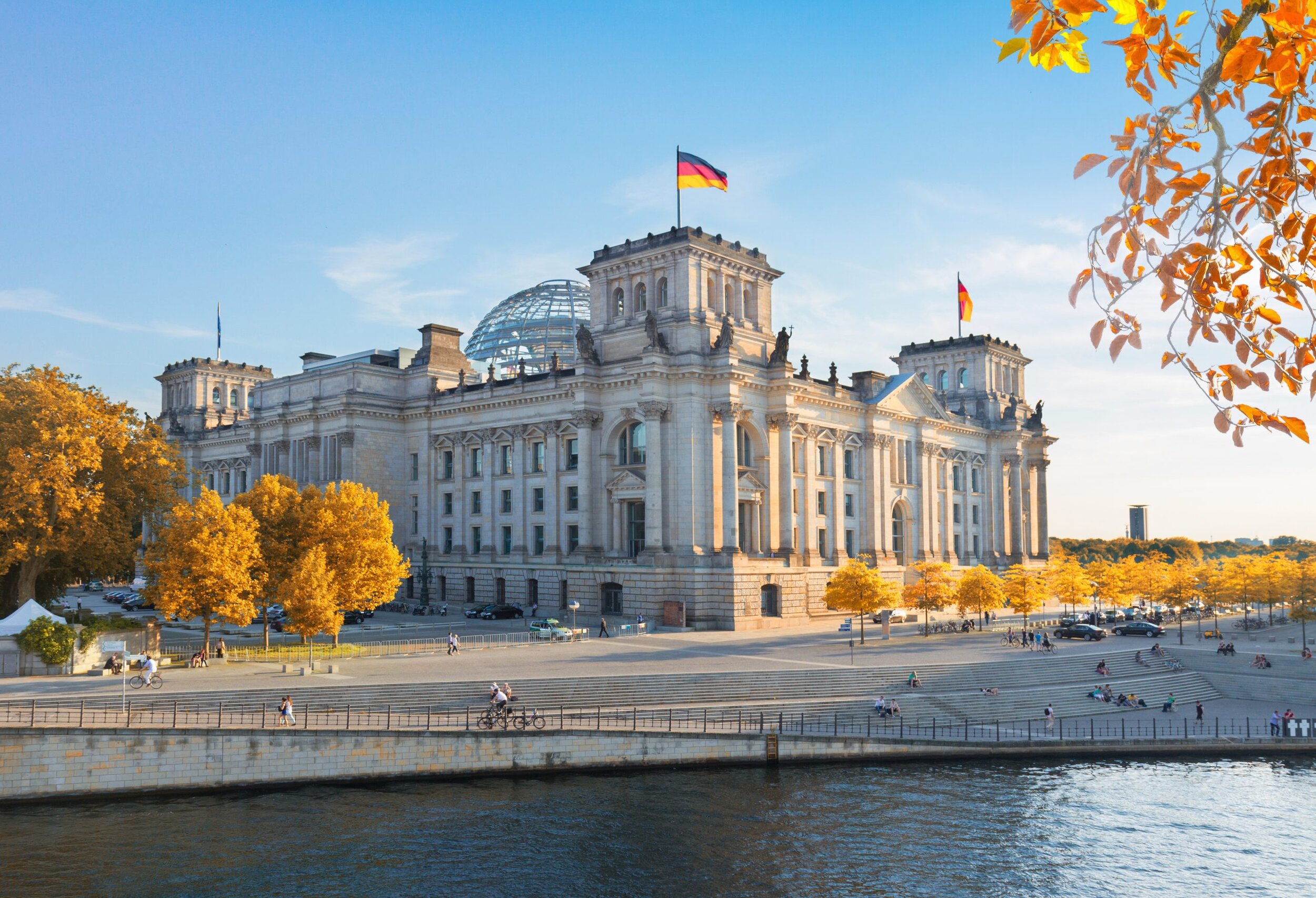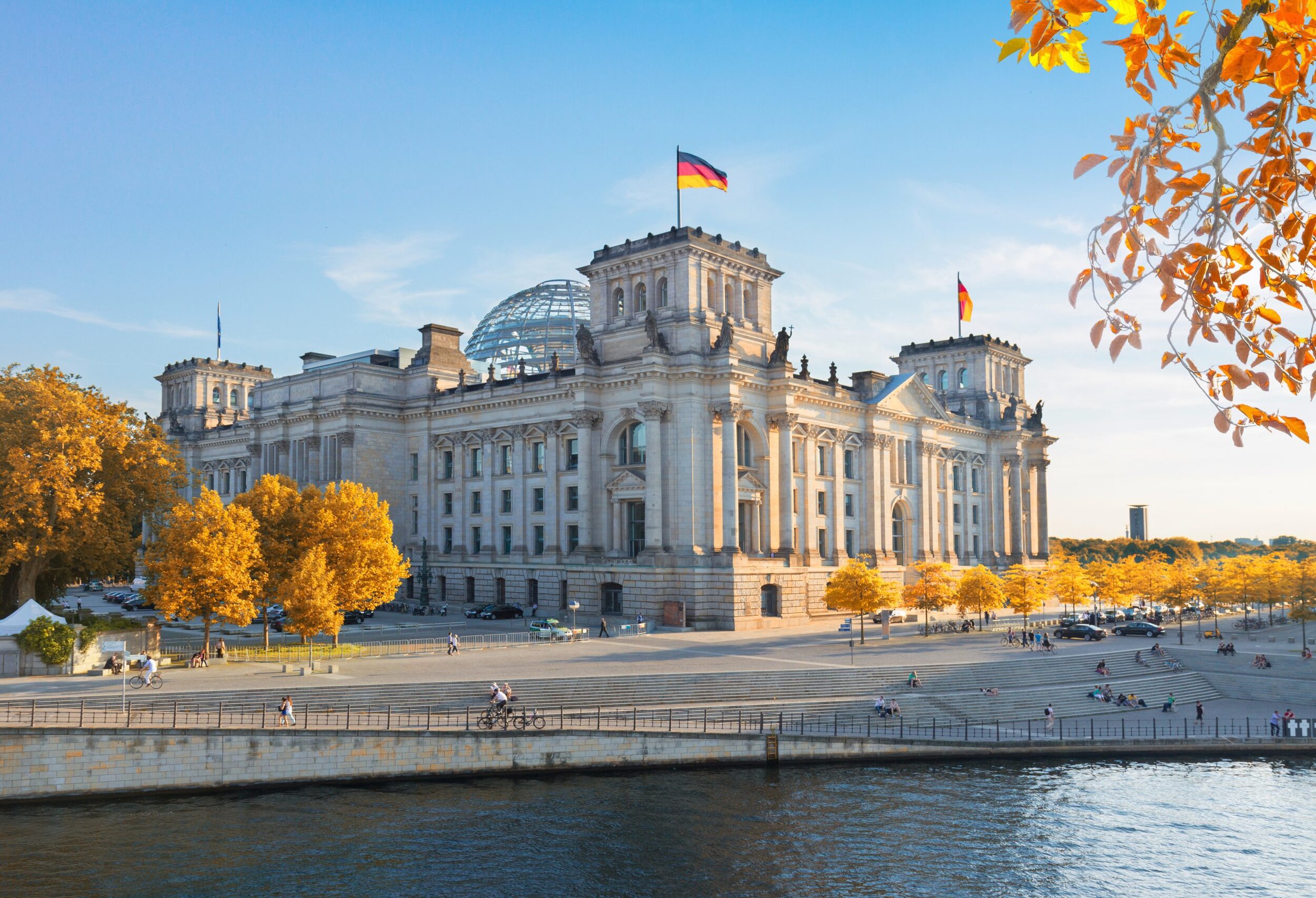
German is the official language of four European countries: Germany, Austria, Switzerland, and Belgium. It is also one of the three official languages of the European Union. It is spoken by more than 100 million people worldwide, and it is the most widely spoken language in Europe, excluding Russian in all of Eurasia. German is the world's sixth most widely spoken language, behind Chinese, English, Hindi-Urdu, Spanish, and Russian.
Experts agree that Proto-Germanic, the foundation of the German language, started to evolve around 2000 B.C., when people began to settle in western Baltic Sea areas. During the Roman occupation of the Rhine-Danube region, the Romans came into contact with residents of the Rhine-Danube district, and one of the first ever records of the German language dates back to the 1st Century B.C.
The modern German we know today is unlikely to be similar to the language observed by the Romans. It has undergone numerous transformations, including Old High German (circa 700 AD to the eleventh century), Middle High German (circa 1050 to 1350), Early New High German (1350 to 1600), and New High German (circa 1600). (from about 1600 to the present).
German, like many other languages, has developed in tandem with culture, and sociopolitical influences have played a role in shaping the language into what it is today. German speakers have adapted new words from other languages. Others have entered the German language as a result of increased contact with foreigners, whether as a result of migration, trade, war, or the advancement of modern technology from cinema to the Internet. For example, in today's Germany, "brainstorming sessions" – to use the English word – will be held on a regular basis. Similarly, as in many other languages, most speakers have adopted English terms related to technology, such as Internet or email.
German is a fascinating language because of the prevalence of dialects that arose as a result of the lack of a cultural center, such as Paris in France. By the end of the Middle Ages, attempts had been made to establish a "Standard German language" so that the various autonomous regions could interact more easily. Let us not forget that Germany as a political force did not exist until the 19th century.
Martin Luther's Bible translation into German from the original Hebrew in 1522 had a major impact on the standardization of German. The Hebrew translation was targeted at a "East Middle German" audience. The "form" was largely based on the Saxon court's language. This became the basis of what we know as German today. Hochdeutsch, or "High German," is a term used to describe modern German. Hochdeutsch is the official language of Germany, as well as the language of higher education, literature, and the media.
BY MUHAMMAD SHAHZAIB TAHIR AWAN (PAKISTAN) | CLASS OF 2022
